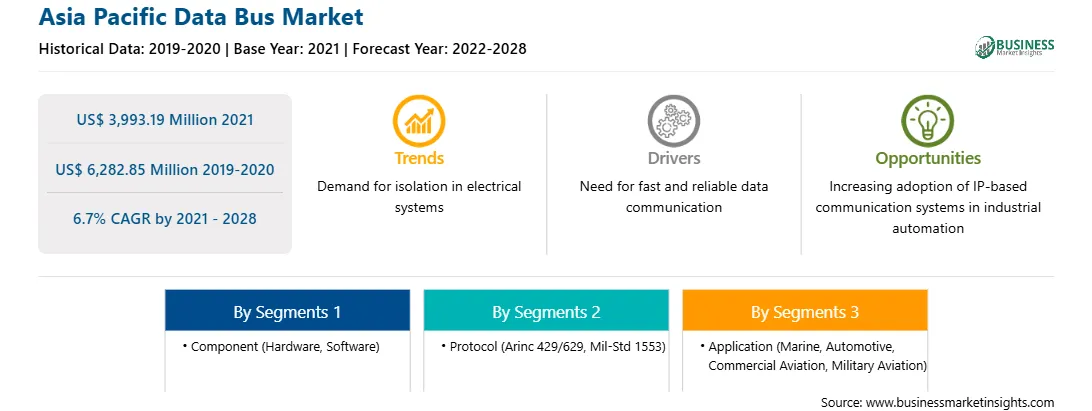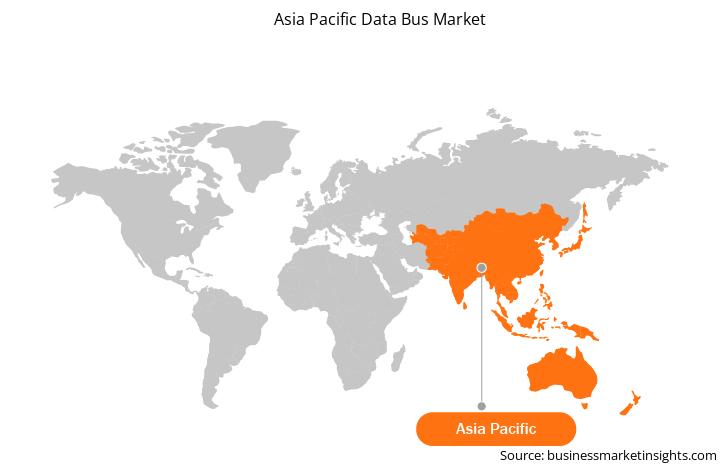The demand for new military aircraft is increasing as countries attempt to update their fleets and expand their capabilities, especially in emerging countries across the region. The Australian Army received the first two of four new Boeing CH-47F Chinook transport helicopters in July 2021. The contract is worth USD 441 million and would add 14 CH-47F heavy-lift helicopters to the Army's fleet. The third and fourth helicopters are expected to arrive in mid-2022. The Royal Australian Air Force (RAAF) has placed another order for 2 P-8As, bringing the total number of P-8As under contract to 14. The P-8As are land-based antisubmarine and anti-surface ship planes built for intelligence, surveillance, and reconnaissance missions. Further, Indian government authorized the proposal for procuring 56 C295 transport aircraft from Airbus Defence and Space, Spain, in September 2021; Airbus Defence and Space, Spain has been awarded a contract for Rs 22,000 crore for the acquisition of the C 295MW cargo aircraft. 14 of the planes will be produced in Spain, with the remainder 40 being built in India as part of a joint venture between Airbus and Tata Group. In the last five years, China has added numerous new military aircraft to its inventory. As a result of these purchases, the demand for data bus is increasing in Asia Pacific as most new aircraft units are built upon data bus protocols.
With the new features and technologies, vendors can attract new customers and expand their footprints in emerging markets. This factor is likely to drive the APAC data bus market in the coming years. The market is expected to grow at a good CAGR during the forecast period.
Strategic insights for the Asia Pacific Data Bus provides data-driven analysis of the industry landscape, including current trends, key players, and regional nuances. These insights offer actionable recommendations, enabling readers to differentiate themselves from competitors by identifying untapped segments or developing unique value propositions. Leveraging data analytics, these insights help industry players anticipate the market shifts, whether investors, manufacturers, or other stakeholders. A future-oriented perspective is essential, helping stakeholders anticipate market shifts and position themselves for long-term success in this dynamic region. Ultimately, effective strategic insights empower readers to make informed decisions that drive profitability and achieve their business objectives within the market.

| Report Attribute | Details |
|---|---|
| Market size in 2021 | US$ 3,993.19 Million |
| Market Size by 2028 | US$ 6,282.85 Million |
| Global CAGR (2021 - 2028) | 6.7% |
| Historical Data | 2019-2020 |
| Forecast period | 2022-2028 |
| Segments Covered |
By Component
|
| Regions and Countries Covered | Asia-Pacific
|
| Market leaders and key company profiles |
The geographic scope of the Asia Pacific Data Bus refers to the specific areas in which a business operates and competes. Understanding local distinctions, such as diverse consumer preferences (e.g., demand for specific plug types or battery backup durations), varying economic conditions, and regulatory environments, is crucial for tailoring strategies to specific markets. Businesses can expand their reach by identifying underserved areas or adapting their offerings to meet local demands. A clear market focus allows for more effective resource allocation, targeted marketing campaigns, and better positioning against local competitors, ultimately driving growth in those targeted areas.

The APAC data bus market has been segmented and analyzed on the basis of component, protocol, application, and country. Based on component, the APAC data bus market is further segmented into hardware and software. The hardware segment dominated the APAC data bus market in 2020 and software segment is expected to be fastest growing during forecast period. On the basis of protocol, the APAC data bus market is segmented into ARINC 429/629, MIL–STD-1553, and others. The MIL–STD-1553 segment dominated the APAC data bus market in 2020 and ARINC 429/629 segment is expected to be fastest growing during forecast period. On the basis of application, the APAC data bus market is further segmented into automotive, marine, commercial aviation, and military aviation. The military aviation segment dominated the APAC data bus market in 2020 and same segment is expected to be fastest growing during forecast period. Based on country, the APAC data bus market is segmented into China, India, Japan, South Korea, Australia, and rest of APAC.
Collins Aerospace, Data Device Corporation, Fujikura Ltd., HUBER+SUHNER, Nexans, and TE Connectivity Corporation are among the leading companies in the APAC data bus market.
The Asia Pacific Data Bus Market is valued at US$ 3,993.19 Million in 2021, it is projected to reach US$ 6,282.85 Million by 2028.
As per our report Asia Pacific Data Bus Market, the market size is valued at US$ 3,993.19 Million in 2021, projecting it to reach US$ 6,282.85 Million by 2028. This translates to a CAGR of approximately 6.7% during the forecast period.
The Asia Pacific Data Bus Market report typically cover these key segments-
The historic period, base year, and forecast period can vary slightly depending on the specific market research report. However, for the Asia Pacific Data Bus Market report:
The Asia Pacific Data Bus Market is populated by several key players, each contributing to its growth and innovation. Some of the major players include:
The Asia Pacific Data Bus Market report is valuable for diverse stakeholders, including:
Essentially, anyone involved in or considering involvement in the Asia Pacific Data Bus Market value chain can benefit from the information contained in a comprehensive market report.